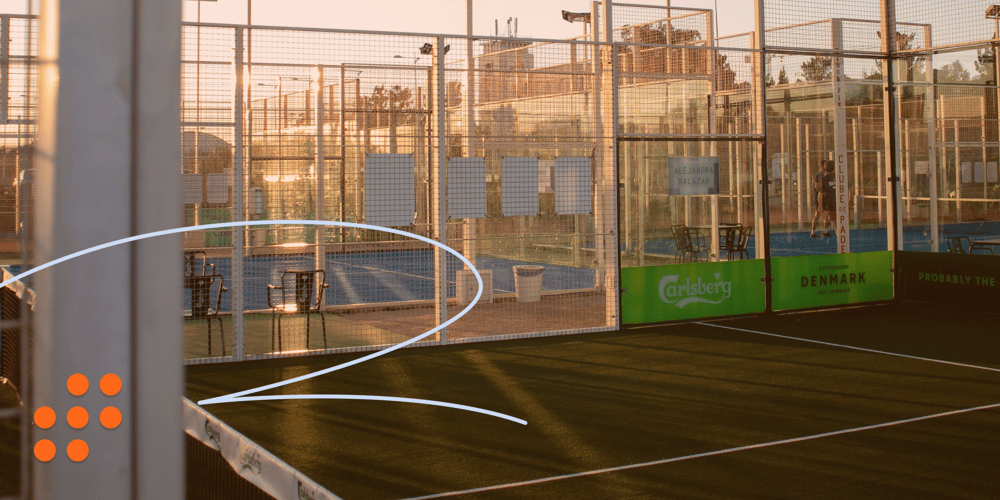How padel coaches and academies can evolve beyond traditional tennis training models

In recent years, Padel has exploded in popularity around the world. Many Tennis academies recognize this trend and have embraced Padel as part of their repertoire. However, a common challenge remains: many academies and coaches continue to
use training schemes more applicable to Tennis than Padel. While there are similarities between the two sports, the differences in their dynamics, audience, and learning curves require a fresh approach.
Evolving training methods: Moving beyond the Tennis Framework
While sharing some characteristics, tennis, and padel are distinct sports that cater to different players. Traditional Tennis training often involves structured, long-term commitments, such as a series of five, ten, or even more lessons. This approach makes sense for Tennis, where mastering the game's techniques, strategies, and physical demands requires a more extended period of time. Tennis, a more complex sport, necessitates extended, consistent practice sessions to develop proficiency.
However, applying this same model to Padel may not be as effective. Padel is fundamentally different; it's more accessible and easier to pick up, so it's increasingly played by recreational players who might not have the same commitment level as aspiring Tennis pros. For many of these players, long training series might not be appealing or necessary.
Understanding the Padel Player’s Mindset
The key to adapting to Padel lies in understanding the unique mindset of the Padel player. Most Padel players seek fun, quick, and engaging sessions that fit their busy lives. They are not necessarily aiming for professional-level skills but
rather for enjoyable social exercise. Therefore, the traditional model of committing to multiple sessions may not align with their expectations. Instead, these players may prefer single sessions or more flexible training options that they can fit around their
schedules.
Reimagining the Training Offerings
To better cater to the needs of Padel players, academies and coaches should consider diversifying their offerings. Here are a few ideas:
- Offer Flexible Training Sessions: Instead of only offering long-term packages, provide options for single-session training or small packages of 2-3 lessons. This flexibility can attract recreational players who are looking for a fun activity without a long-term commitment.
- Focus on Fun and Social Interaction: Design training sessions that emphasize the social and fun aspects of the game. Incorporate doubles matches, quick drills, and team-based activities that foster camaraderie among players.
- Create Themed Clinics or Workshops: Host themed clinics or workshops that focus on specific skills or strategies. These shorter, targeted sessions can attract players who want to improve specific aspects of their game without
committing to a long series of lessons. - Introduce Drop-in Classes: Implement drop-in classes where players can come as they please, without the need for a long-term commitment. This approach appeals to players who have unpredictable schedules but still want to engage with the sport.
- Utilize Digital Tools: Leverage technology by offering online tutorials, virtual coaching, or even short video tips that players can access anytime. This can help maintain engagement between sessions and attract players who prefer
self-paced learning.
Adapting to the New Era of Padel Training
The growth of Padel presents a fantastic opportunity for Tennis academies and coaches to expand their reach and engage new audiences. However, to fully capitalize on this opportunity, they must break away from the traditional Tennis training models that may not resonate with the recreational, fun-seeking nature of
most Padel players. By offering more flexible, engaging, and player-centered training options, academies can better serve their clients and foster a thriving Padel community.

Tools for getting started with an online booking system
More turnover, more time, and more insights. These are the main reasons why other golf academies have already gotten started with the golf management software. How about some more examples? Download the toolkit to experience for yourself the reports and the associated data that you can consult once using ProAgenda’s golf management software.
